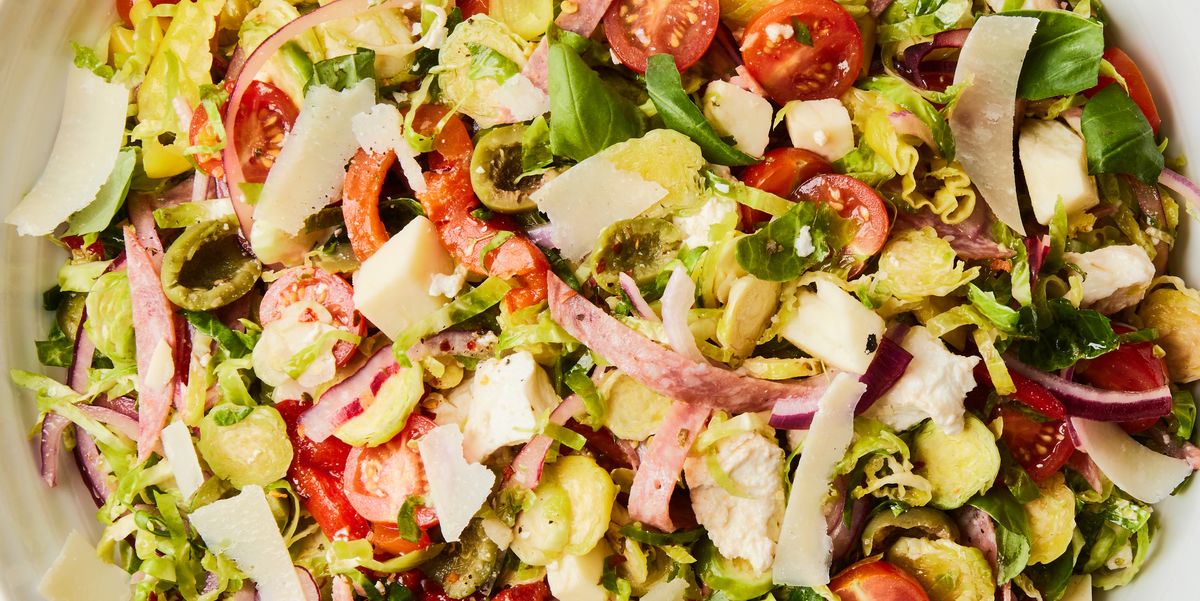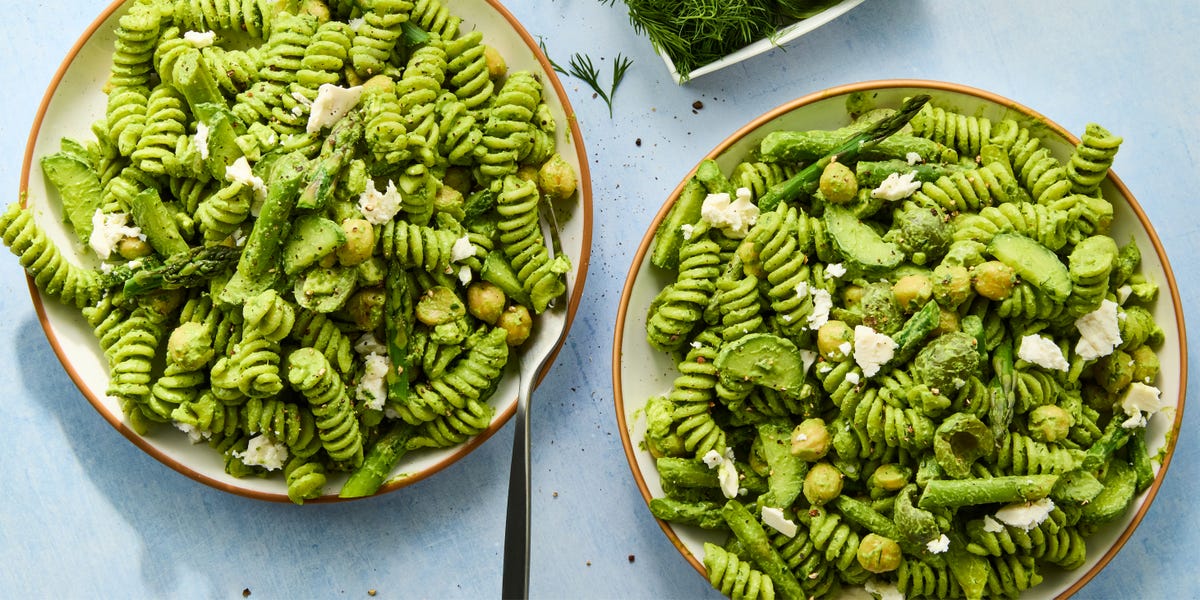
You may be wondering what makes a good juicer—to choose the best kind, you’ll first need to know the three different types of juicers. We’ve broken it down:
Centrifugal: Fast and affordable, centrifugal juicers are a great basic option if you don’t need a lot of frills or are a newbie to the juicing craze. As their name would suggest, these models push ingredients through a cutting screen and then pull juice out of the pulp by spinning the mixture anywhere from 6,000 to 14,000 rpm. However, as we all learned in science class, these rapid revolutions produce heat and cause oxidation, meaning your juices will see a bit of a dip in nutritional value and have a shelf life of about 24 hours.
Masticating: Masticating, or “slow” juicers are great for everyone who loves to get their daily doses of green, leafy vegetables and roots from their juicer. Though it’s slower than a centrifugal juicer and you’ll need to cut your ingredients into smaller piecesWhat are the different types of juicers? before they go in, these quiet models can effortlessly grind up fibrous produce like apples, kale, and celery before filtering out any solid bits with a fine-mesh screen. Slow juicers can also make other foods, including frozen desserts, nut milks, and even baby food—but, this versatility also drives up their price, making them the most expensive of the three juicer types.
Hydraulic Cold Press: There’s a reason why all the fancy juice bars advertise cold-pressed juice: It’s the best of the best. Using two metal plates, these machines utilize hydraulic pressure to crush ingredients, thus resulting in less friction, heat, oxidation, and fiber content. Because these models don’t generate heat like centrifugal juicers, the end result is highly nutritious, fresh, and delicious. The catch? If the less intuitive interface isn’t a deterrent, the hefty price tag might be. Unless you’re super serious about your juices, we don’t think they’re worth the extra cash or effort. (But if you must have one, you can check out our favorite cold press juicers.)














Leave a Reply